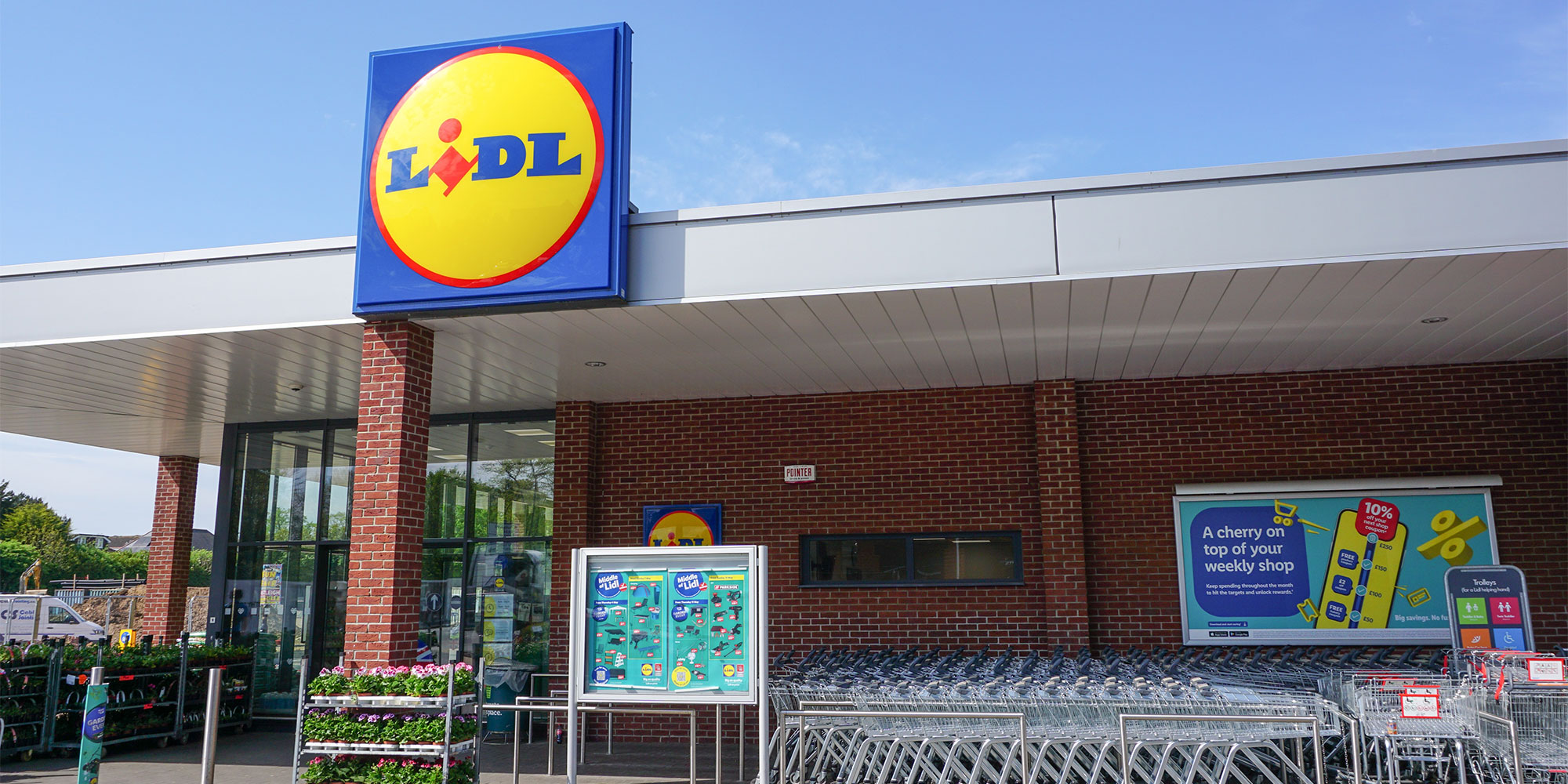Scam alert: fraudsters impersonate Lidl in a series of fake ads

Fraudulent adverts promoting items including coffee machines, electric bikes and lounge sets at attractive prices falsely impersonate Lidl.
The adverts lead to a scam website that was registered earlier this year. Fraudsters have previously impersonated Lidl, last year we warned about fake promotions for Lidl's sell-out mystery boxes. People caught by this scam received nothing in return and found multiple transactions had resulted in almost £200 taken from their accounts.
These types of scams are known as purchase scams, which is when you buy an item online and are either sent nothing in return or an item that doesn’t fit the description. Recent bank data reported by UK Finance revealed that in the first half of 2025, £53m was lost to purchase scams.
Read on to find out more about these fake adverts and how you can spot a scam advert.
Sign up for scam alerts
Our emails will alert you to scams doing the rounds, and provide practical advice to keep you one step ahead of fraudsters.
Sign up for scam alerts
Fake Lidl ads

Which? found adverts on Facebook and Instagram using Lidl’s logo and promoting household items, such as a folding scooter, an outdoor lounge chair, a drone and a climbing exercise machine, all at discounted prices.
Which? followed the link on one advert and we were sent to a website which immediately raised red flags – the site was recently registered, it featured no contact information or terms and conditions, and the address on the website led to an empty car park.
Which? reported all ads to Meta, the parent company of Facebook and Instagram, and the website to the National Cyber Security Centre (NCSC).
Which? also contacted Lidl about these adverts and it confirmed that it wasn’t associated with them.
Meta informed us that it is investigating these adverts.
Stopping scam ads
The Online Safety Act regulates harmful content on big tech platforms and places duties on certain large online platforms to detect and prevent fraudulent paid-for advertisements.
These duties were initially supposed to be in force by early 2026, but Ofcom has delayed its publication. As it stands, it’s unlikely the rules around scam ads will be in force until early 2027 at the earliest.
Which? is calling on Ofcom to implement these important protections as soon as possible. We also want the government to commit to using legislation to force Ofcom to introduce the Act's scam ad protections in the upcoming fraud strategy within 12 months of its publication.
How to spot and report scam ads
Fraudsters can target you through dodgy ads by:
- Using big discounts to lure you in.
- Impersonating real brands – brands usually verify their social media accounts with a blue tick next to their name.
- Stealing images – upload images to a tool like TinEye to see if they have been used elsewhere on the internet.
- Using fake endorsements – check the company’s official website to see if the endorsement is real.
You can report scam ads on Facebook and Instagram by selecting the three dots in the top right corner and pressing report.
Suspicious websites can be reported to the National Cyber Security Centre.
If you lose any money to a scam, call your bank immediately using the number on the back of your bank card and report it to Action Fraud, or call the police on 101 if you’re in Scotland.
If you’ve bought something online that isn’t as described, you can try contacting the retailer to complain and ask for a refund.
If the retailer refuses to cooperate, you can try to get a refund by making a chargeback claim if you paid by debit card or a Section 75 claim if you paid by credit card and the cost was more than £100.


